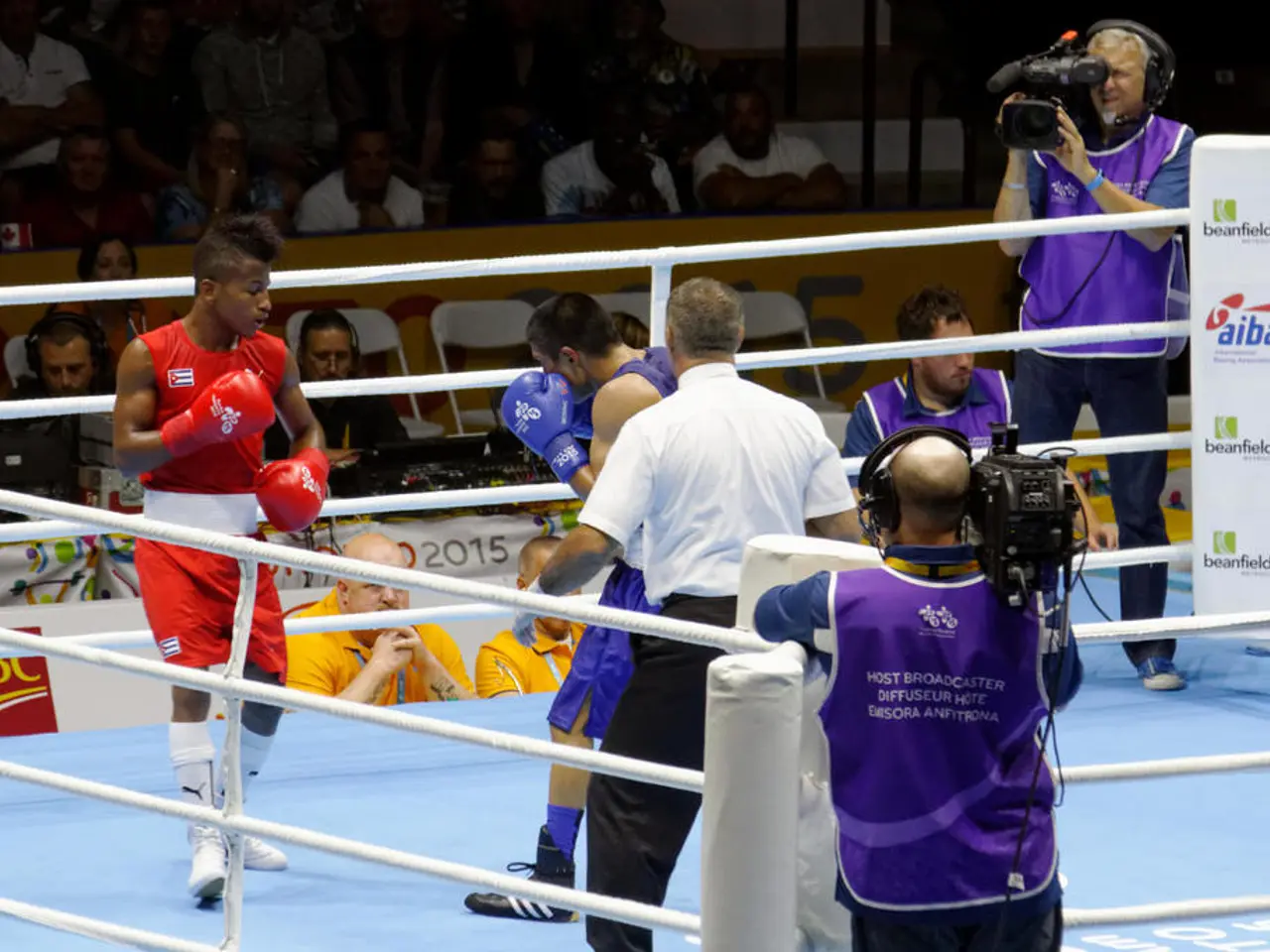Corporate leaders honing skills in chess, golf, and video games to maintain professional edge.
In the realm of business, it's not uncommon to hear the connection between the corporate world and sports being drawn. This can result in fun corporate events, high-priced motivational speeches by retired athletes, or the opportunity for businesspeople to rub elbows with their sports heroes. But which sports truly have a determining impact on the business world? Here are some frequently mentioned candidates that business leaders often endorse.
CHESS
Chess enthusiasts include Demis Hassabis, CEO of Google DeepMind, and UK Chancellor Rachel Reeves. Chess has long been associated with strategic thinking and the ability to anticipate outcomes. It encourages empathy, as players must consider their opponents' perspectives. For UK Chancellor Rachel Reeves, this mental agility has proven valuable in her political career. Demis Hassabis credits his early interest in AI to his chess-playing days and attempting to improve his cognitive abilities.
Other Contenders: Golf, Video Gaming, and Tennis
Golf, video games, and tennis are other activities regularly championed by executives as tools for boosting performance, developing strategic thinking, and honing leadership skills.
Golf is often viewed by executives as more than just a leisure activity. Due to its pace and social setting, it offers an excellent environment for networking, deal-making, and informal mentoring. Leaders can maintain their edge by playing golf, as it challenges them to stay focused and adept under stress[4].
Video games are seen as valuable tools for enhancing cognitive skills such as problem-solving, multitasking, and quick decision-making. They can help one perform under pressure, making them increasingly relevant to leadership in the digital era[4].
Tennis shares many similarities with golf in the business world. Its mental and physical challenges help executives stay focused, resilient, and strategic under pressure[4].
Chess: The Leader of Mind-Based Games
Chess remains the most recognizable mind-based game associated with working life. Valued for teaching foresight, strategic planning, and perspective-taking, it has gained endorsements from high-profile executives and investors like Demis Hassabis, Rachel Reeves, and Peter Thiel. However, some criticize that chess's highly controlled environment may not accurately represent the complexity and emotion found in real-life business situations[4].
In conclusion, chess, golf, video gaming, and tennis are frequently endorsed by business leaders for boosting professional performance and fostering essential skills for the job market, such as strategy, resilience, foresight, and relationship-building[4]. Other sports and games didn't surface as prominently in the available data as these mentioned.
Sports-analysis is crucial in understanding how applying specific sports strategies can contribute to business success. For instance, chess is often cited in sports-analysis due to its connection to strategic thinking, foresight, and perspective-taking. Similarly, golf, video gaming, and tennis are also analyzed for their potential to enhance networking, deal-making, problem-solving, and performance under pressure in the corporate world.








